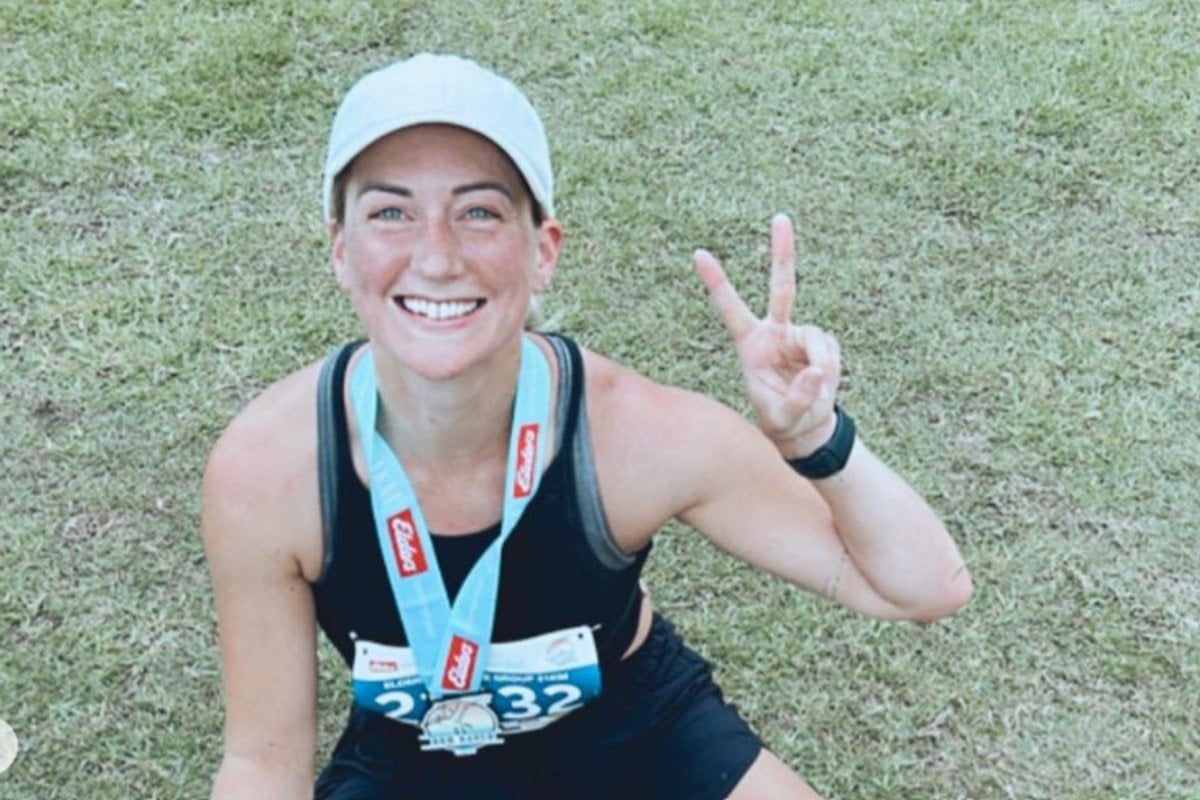
Growing up, Kirsty Seward had a positive relationship with her body. She played plenty of sport, and loved jazz and tap dancing.
As she moved into her late teens, though, and swapped childhood sports for the gym, her relationship with her body started to change.
Immersing herself in gym culture meant she no longer saw her body as 'enough', especially when it came to her breasts.
"It wasn’t until I got more involved in the gym scene that I questioned changing my body through surgery," says Kirsty. "A part of me felt that implants would make my body more 'enough'."
Watch: Know Your Normal ~ A Pink Hope Self Breast Check Initiative. Article continues after the video.
After choosing a qualified plastic surgeon, Kirsty looked forward to the procedure, viewing the choice as more or less, "normal".
"I’d seen others in my family get breast implants and they were very common in the fitness/gym culture. I was also in a relationship at the time, looking back it wasn’t a healthy and secure relationship."
Although they were a little larger than she'd expected, Kirsty was happy with the outcome, and felt positive about her decision.
Mysterious symptoms.
In 2020, about four years after her implants, Kirsty started to experience chronic fatigue and brain fog.


Top Comments